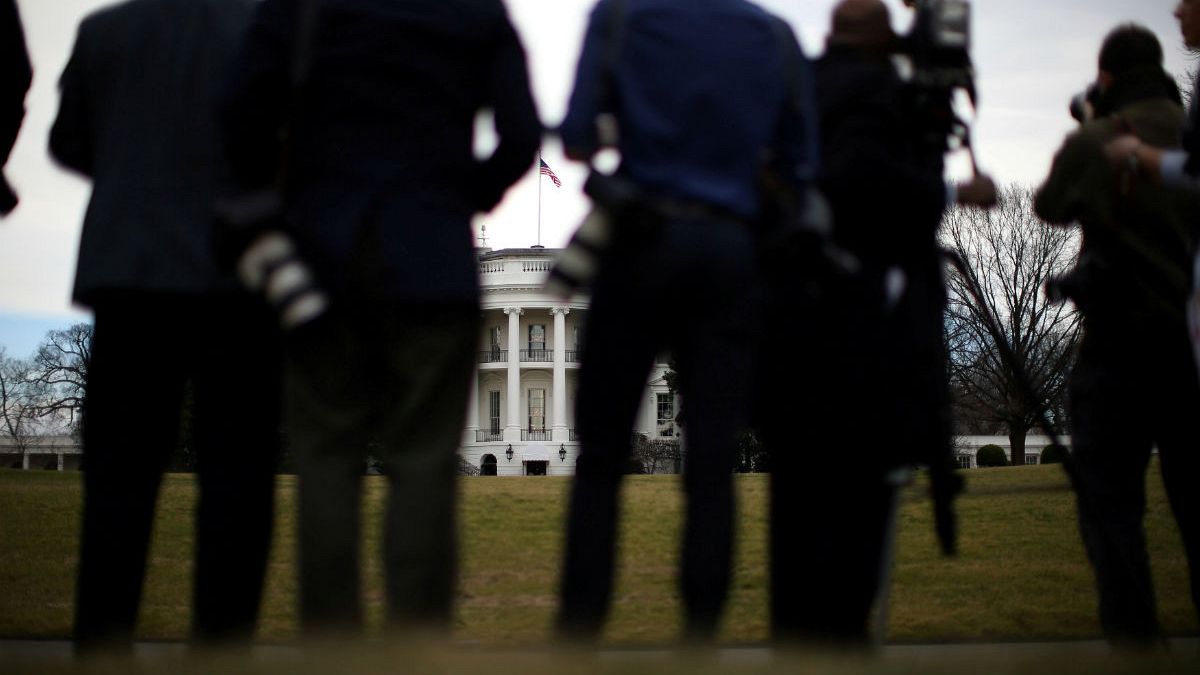Chris Patten, the last British governor of Hong Kong and a former EU commissioner for external affairs, is Chancellor of the University of Oxford.
I am old enough to remember when the best thing about populism was that it was not popular. Nativism, in any form, did not hit many political bull’s-eyes. Economic protectionists didn’t win elections. Voters, even those concerned about immigration, based their choices on economic and welfare issues, which the media reported on with relative accuracy.
Today, however, we seem to be moving toward a different sort of politics. The most frequently cited examples are the United Kingdom’s vote last year to leave the European Union and Donald Trump’s presidential election victory in the United States. Both Poland and Hungary also provide worrying examples of politicians using nationalist and populist rhetoric to advance goals that reek of incipient authoritarianism.
Of course, there is a difference between the use of crude nationalism within actual authoritarian regimes and within democracies. Chinese President Xi Jinping and Russian President Vladimir Putin use nationalism to consolidate support, just like Western politicians might, but they lack democratic constraints and can all but ignore the rule of law.
Xi locks up his critics. Putin’s critics are often killed, though, if you believe Trump, the Russian security services have nothing to do with that. And, even if they do, Trump argued in a recent interview, it’s nothing to condemn. “There are a lot of killers,” Trump declared. “You think [the US is] so innocent?”
Whether or not the US can be called “innocent,” there is no denying that the US president, unlike his Russian or Chinese counterparts, has to operate within a set of constitutional arrangements and a particular value system. He cannot condone, let alone organize, the murder of critics. Comrade Trump may disdain that system, but he cannot escape it.
Of course, that doesn’t mean that Trump won’t try. When possible, Trump has fired those who disagree with him. Otherwise, he tries to discredit or undermine opponents through relentless attacks. For example, he launched a barrage of criticism against the judges and courts that ruled against his executive order banning anyone from seven Muslim-majority countries from entering the US.
Trump has also launched a war on the media, which his chief strategist, Steve Bannon, has labeled the “opposition party.” Trump calls any unflattering or critical reporting on his administration or policies – even the publication of a negative poll result – “fake news.” He denounces journalists as the “lowest form of life.” Fans at Trump’s rallies have worn shirts emblazoned with the words “Rope. Tree. Journalist.”
This approach is not unique to Trump. The Polish and Hungarian governments have undermined freedom of the press, such as by restricting media access to officials. In authoritarian and quasi-authoritarian systems, the media are always viewed as a threat, if not a target for repression.
But the US media have not been bowing to Trump. Indeed, many publications – with the exception of official mouthpieces, which is essentially what Rupert Murdoch’s Fox News has become – have become guardians of the institutions and values that underpin freedom. They are upholding the belief that at the heart of a healthy, functioning democracy must be a civic conversation that respects knowledge, truth, disagreement, and nuance.
This does not mean that journalists should justify Bannon’s description of them as the opposition party. What it does mean is that they should continue to do their job, rejecting “alternative facts” and seeking out the truth. Just as the Italian writer Primo Levi found that his scientific knowledge and experience helped him to cope with life under Mussolini and in Auschwitz, journalists should confront today’s mendacious politicians by committing themselves, more strongly than ever, to their work.
In this respect, British journalists have much to learn from their US counterparts. Since the Brexit vote, the British press has not, for the most part, stepped up to try to save our democracy from being swamped by majoritarian sentiment. On the contrary, most of our printed tabloids and even one of our more traditional newspapers – which used to regard itself as a paper of record – have reinforced populist prejudices, much as Fox News has done in the US.
For this group of papers – whose combined circulation, though in steady decline, still exceeds four million – the “will of the people” is explicitly defined as that of the small majority of voters who supported leaving the European Union. Forget what they meant by that vote. Forget the other 48%, who voted to stay. Castigate anyone who raises questions about how this destructive process should be carried out.
While Britain’s populist media rant about restoring parliamentary sovereignty in Britain (as though it had ever been taken away), they denounce any member of parliament who questions the path on which the country is now set. They even savaged the rule of law, which affords them the very freedoms that they have so often abused. When one of Britain’s highest courts insisted that the government should pursue Brexit in a lawful way, the judges were denounced as “enemies of the people.” Trump himself recently tweeted the same comment about the US media.
They should wear it as a badge of honor – a token of their hard work to protect civil society from the worst excesses of populism. By contrast, in Britain, where important news outlets are defying some of the very values that have long underpinned the health and vibrancy of our democracy, little now stands between us and a meaner and less prosperous future. Copyright: Project Syndicate 2017
Chris Patten, the last British governor of Hong Kong and a former EU commissioner for external affairs, is Chancellor of the University of Oxford.
The views expressed in opinion articles published on euronews do not represent our editorial position
